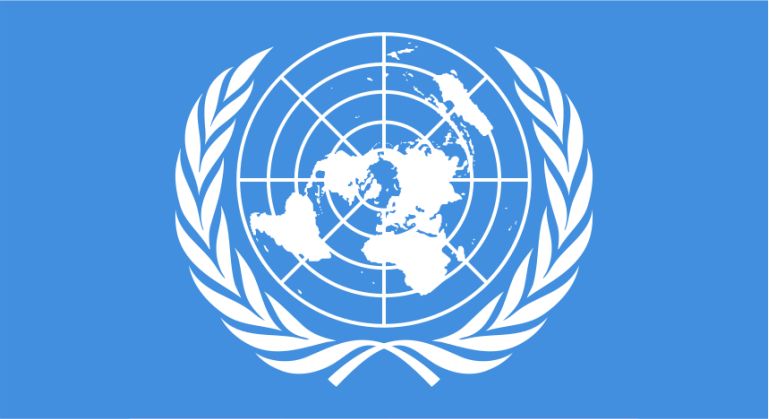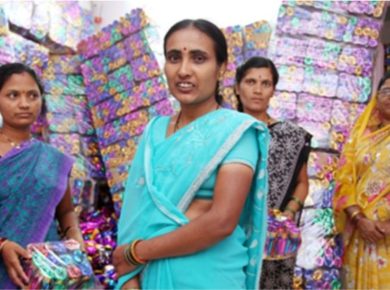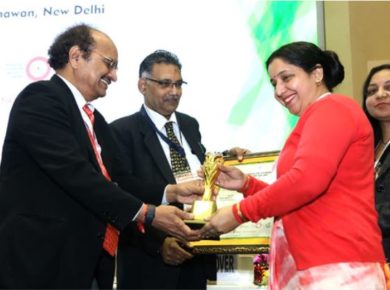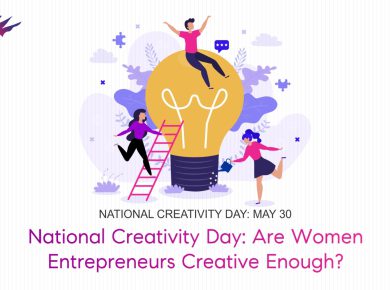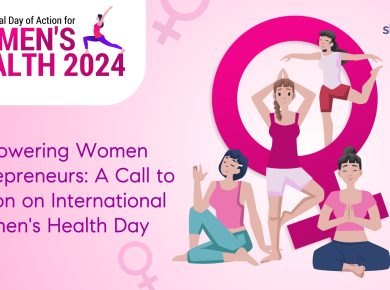Women’s enterprise will take centrestage at the 74th session of the UN General Assembly in New York next week.
Five female entrepreneurs from different countries, who are running digital businesses and creating jobs for many, will join world leaders reviewing the implementation of the 2030 Agenda for Sustainable Development.
UNCTAD will unveil the first ‘eTrade for Women Advocates’, digital entrepreneurs selected by the UN as inspiration for other digital women entrepreneurs. The effort is to give women more say and representation in local and global digital economy.
Five of the seven ‘superwomen’ –– from China, Côte d’Ivoire, Indonesia, Iran, Mexico, North Macedonia and Rwanda –– will be launched into global limelight on the sidelines of the General Assembly. The “eTrade for Women Advocates” is in New York from September 23 to 26.
The five are Xiaofei Yao from China, founder and CEO of Rogrand; Patricia Zoundi Yao from Côte d’Ivoire, founder and CEO of Quickcash; Helianti Hilman from Indonesia, founder and CEO of Javara; Claudia de Heredia from Mexico, co-founder and COO of Kichink; and Nina Angelovska, North Macedonia’s minister of finance and co-founder of Grouper.mk. The two others are Nazanin Daneshvar from Iran, founder and CEO of Takhfifan, and Clarisse Iribagiza from Rwanda, founder and CEO of DMM.HeHe, agencies reported.
UNCTAD’s eTrade for Women initiative seeks to create inspirational models for women in business worldwide and make the driving forces of economy more gender-balanced.
Such initiatives could help reverse worrying trends. The female labour force participation in India, for instance, was reported to have dropped to 26% in 2018 from 36.7% in 2005. Little access to quality education and major social and economic barriers were limiting the opportunities for women, a Deloitte report said.
The Deloitte report, ‘Empowering Women & Girls in India’ for the Fourth Industrial Revolution, said 95% or 195 million women were employed in the unorganised sector or were in unpaid work.
A lot more of them could join the workforce and some of them could lead successful businesses if the UNCTAD’s efforts bear fruit.
